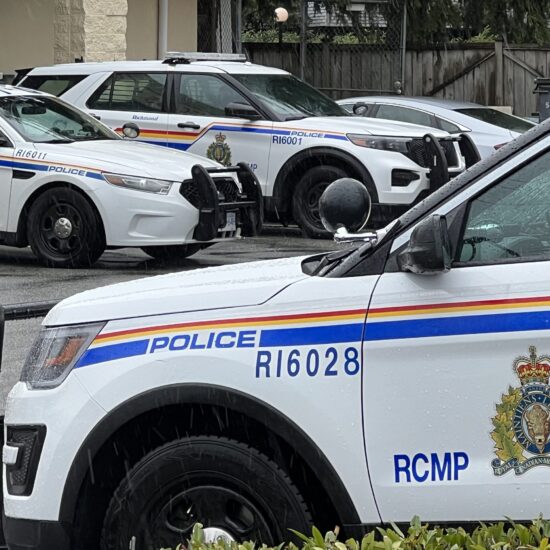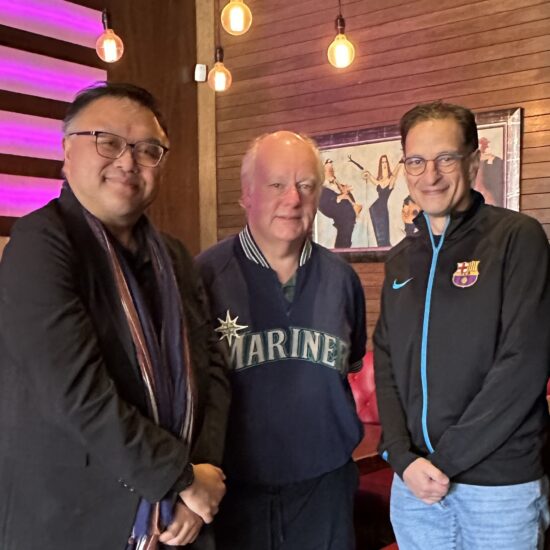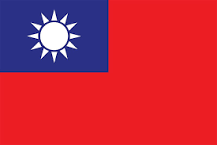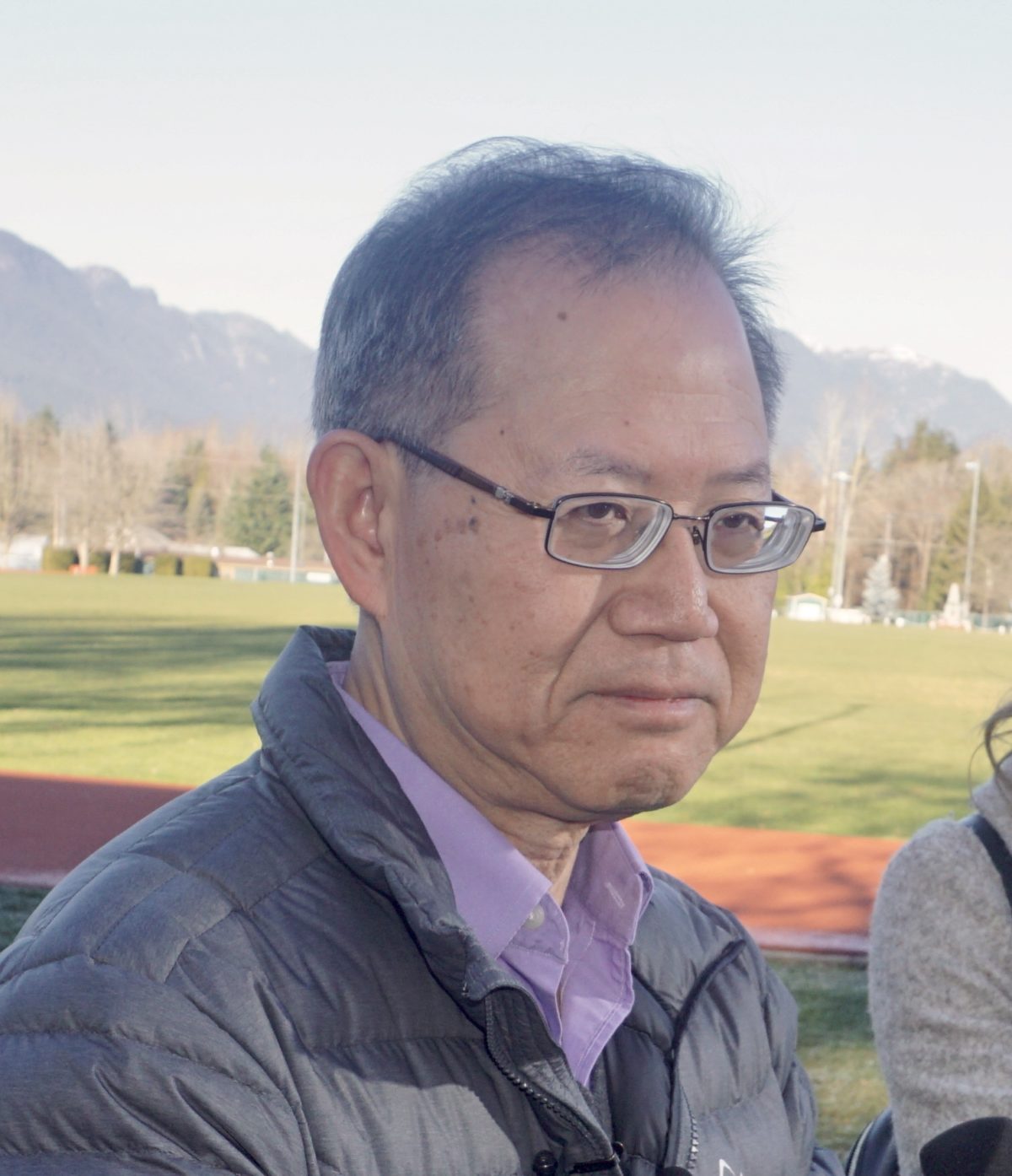
Bob Mackin (Updated Nov. 30 and Dec. 2)
The veteran BC Liberal who was deputy premier in 2015 has denied he knew a caucus mate’s Legislature smartphone had been searched by Chinese customs officers.
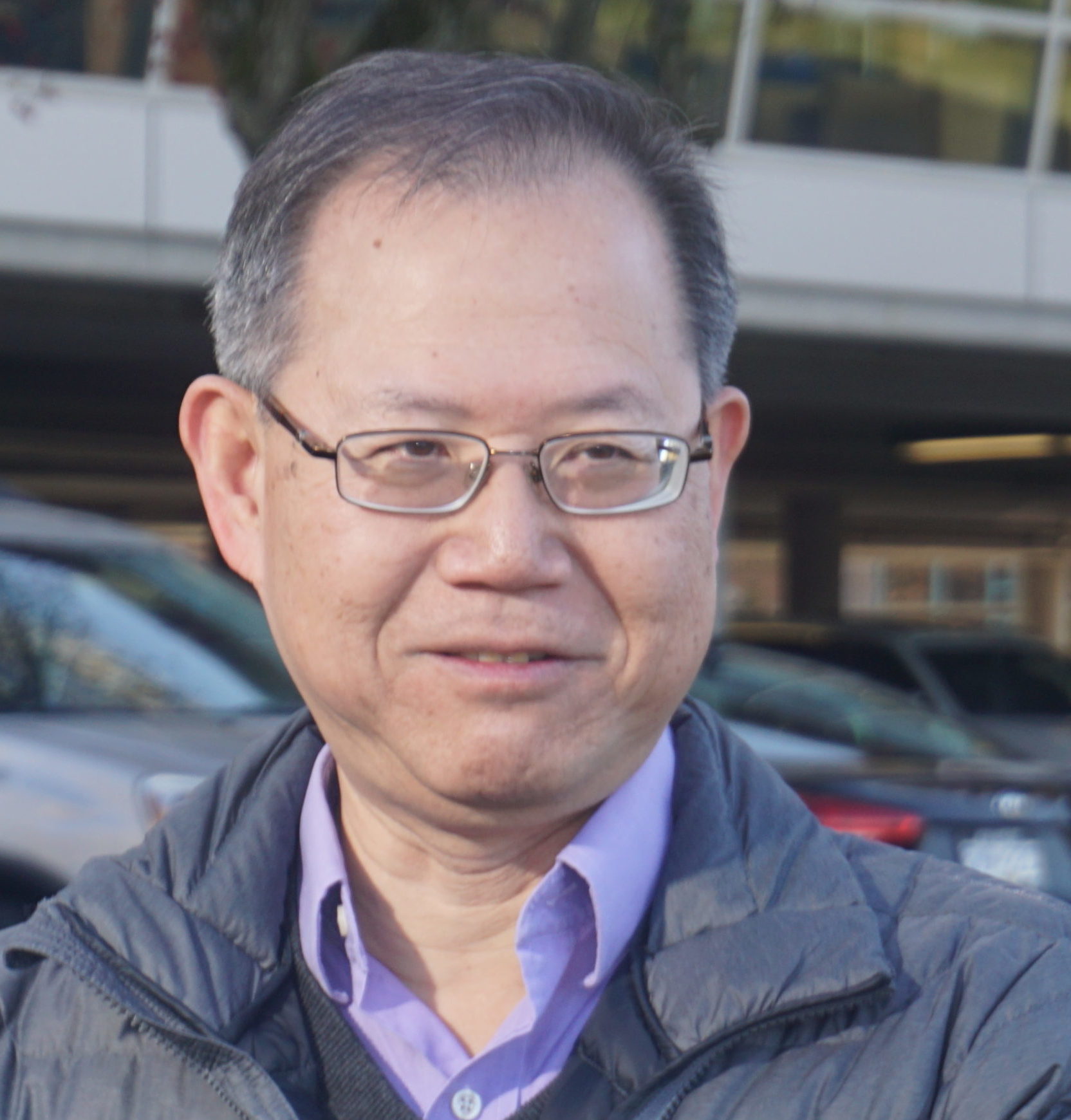
Ex-BC Liberal MLA Richard T. Lee (Mackin)
On Nov. 29, Richard T. Lee, who represented Burnaby North from 2001 to 2017, told reporters that he informed Rich Coleman about the Nov. 24, 2015 detention at Shanghai Pudong International Airport.
Lee, who was deputy speaker, was traveling with his wife on a 30th wedding anniversary holiday. He said he was held for eight hours, refused entry into China on the vague grounds that he was a danger to national security and returned to Vancouver. His one-year, multi-entry visa that had been issued in March of 2015 was cancelled and he has not applied to return to China.
While in custody, Lee said officers demanded he hand over his two phones, including a BlackBerry containing his Legislature email account.
“They cannot open the BlackBerry, they asked me for the password, I did not want to give the password,” Lee said. “I recorded that I put in the password, but under their close watch, they probably got the password, I don’t know.”
Lee said he does not believe the incident was ever investigated. He was initially reluctant to name Coleman for reporters.
“I talked to my colleagues over the phone at that time I was on vacation, so they knew about this case; one individual in particular would know about this case,” Lee said. “Right after I came back I tried to forget about the unpleasant experience. My wife and myself, we went to the U.S. by train. I didn’t follow up immediately on that.”
Moments later, he told reporters that it was Coleman that he told. Prior to running for provincial office in 1996, Coleman had been an RCMP officer.
By email, Coleman told theBreaker.news that he “had not heard Richard Lee’s phone was looked at until I heard it on the news today. He never mentioned it to me.”
Coleman told News1130 that he was only aware that Lee had been denied entry into China and that Lee did not ask for anything to be done.
“My understanding back then when he had come back to Canada, he was going to talk to his MP or somebody federally, so I would have assumed that he did that,” Coleman said.
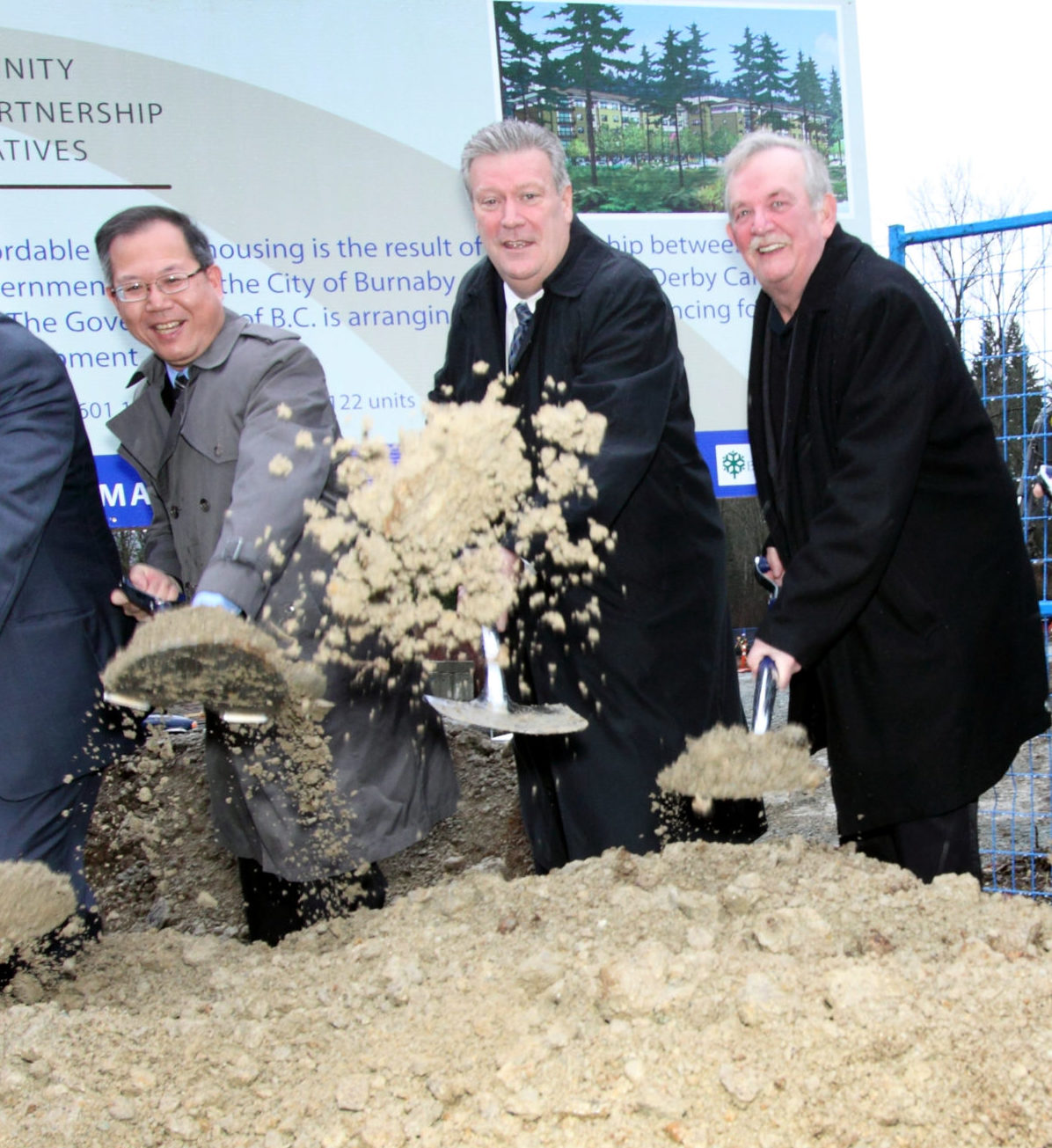
Richard Lee (left), Rich Coleman and Derek Corrigan on Dec. 10, 2015 in Burnaby (left)
That is not good enough, said Dermod Travis of independent watchdog IntegrityBC.
Not only is Coleman an ex-Mountie and former B.C. solicitor general, but he had been appointed in February 2015 as the B.C. government’s liaison to the Canadian military.
“He should’ve realized the import of that information,” Travis said. “It was incumbent upon him, as deputy premier, that the information he was provided [by Lee] was followed up by the appropriate agency.”
Almost three weeks before Lee’s scuttled trip, Premier Christy Clark and international trade minister Teresa Wat had traveled on a trade mission to Beijing, Guangzhou, Shenzhen and Hong Kong. Lee had met with an emergency management delegation from Zhejiang, China on Nov. 18, 2015 in Victoria, with Minister Naomi Yamamoto. Lee and Coleman both appeared at the Dec. 10, 2015 groundbreaking ceremony for the Derby Manor seniors housing project in Burnaby.
Six months later, in May 2016, Clark hosted Hu Chunhua, the top Communist Party official in Guangdong province, and a 200-person trade delegation. Lee’s name is on the list of invitees for a May 8, 2016 banquet, but he does not appear in any of the official government photographs of Hu’s two-day visit published on the B.C. government website.
Lee’s Shanghai incident happened three years after Google warned Gmail users about state-sponsored email hacking and two years after whistleblower Edward Snowden’s revelations focused global media attention on cybersecurity and privacy.
Coincidentally, Lee’s revelation came two days before the anniversary of Huawei executive Meng Wanzhou’s Dec. 1, 2018 arrest on a U.S. warrant at Vancouver International Airport. Meng awaits a Jan. 20, 2020 extradition hearing in Vancouver, at which her detention and the handling of her electronic devices by Canadian authorities will be argued.
Lee also said that Coleman and then-Consul General Liu Fei had suggested he not attend the annual candlelight vigil for victims of the June 4, 1989 Tiananmen Square Massacre. Lee speculated that is the reason he was denied entry to China.
“I think we have the freedom of expression in Canada and we should be allowed to practice our freedom and rights to attend events like this. I didn’t go there as an elected official,” Lee said.
Lee said he now thinks the 2015 incident was more serious than he originally thought, though he said an MLA’s email is usually not as important as a cabinet minister’s email.
Lee went public about the incident which is described in the letter that he wrote last Dec. 31 to then-Foreign Minister Chrystia Freeland and then-Chinese Ambassador Lu Shaye. The letter was also copied to Prime Minister Justin Trudeau. He did not receive an acknowledgement of receipt until last week, when reporters started inquiring to the federal government.
Lee’s letter contained five new year’s wishes for better relations between Canada and China, including the release of Canadians Michael Spavor and Michael Kovrig and that Meng is not extradited to the United States.
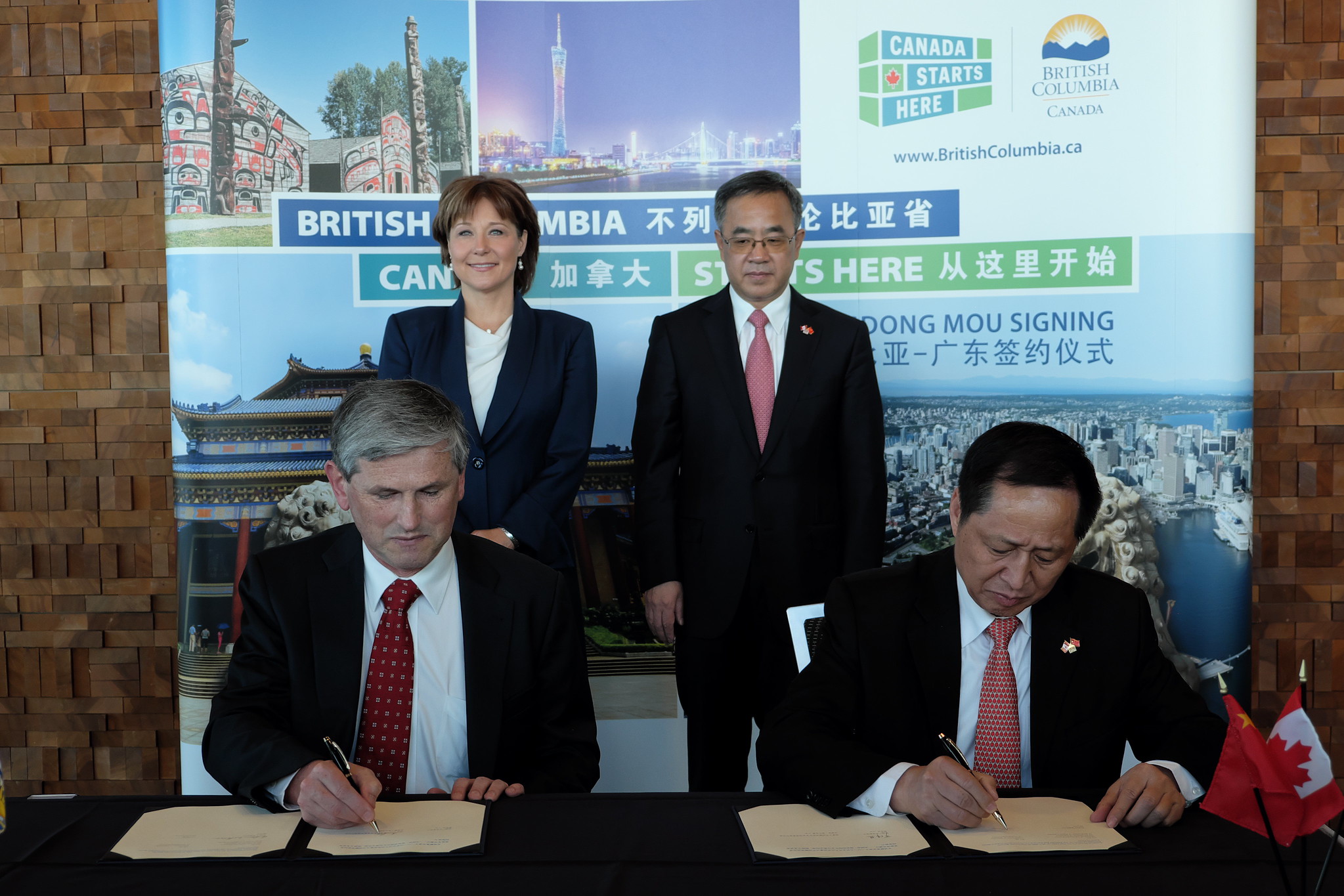
In May 2016, B.C. Premier Christy Clark hosted Guangdong Communist Party Secretary Hu Chunhua (upper right). Hu is now vice-premier of China. Current BC Liberal leader Andrew Wilkinson is lower left. (BC Gov)
Lee’s letter also revealed that the Consulate General of China in Vancouver since 2014 had been pressuring community organizations and individuals to shut him out of their events. He wrote that he had been previously denied a visa in 2002, the year after he was first elected.
Clark and ex-Speaker Linda Reid did not respond to theBreaker.news.
Kate Ryan-Lloyd, who is now the Acting Clerk, said she was not aware of concerns related to Lee’s trip until Nov. 29 media reports. She did not know if then then-Sergeant-at-Arms or the Legislature’s Information Technology department were made aware of the incident.
The Legislative Assembly is excluded from the Freedom of Information and Protection of Privacy Act, which means it is beyond the jurisdiction of the Commissioner, Michael McEvoy, to launch an investigation. In the wake of a corruption scandal exposed by Speaker Darryl Plecas, the NDP government promised in February to finally bring Legislature offices under the information and privacy laws, but the fall session closed Nov. 28 without the tabling of any reform bill.
Attorney General David Eby said he is writing a letter to federal Attorney General David Lametti and pledged to offer B.C.’s assistance.
Support theBreaker.news for as low as $2 a month on Patreon. Find out how. Click here.
Richard T. Lee’s New Year’s letter by Bob Mackin on Scribd








